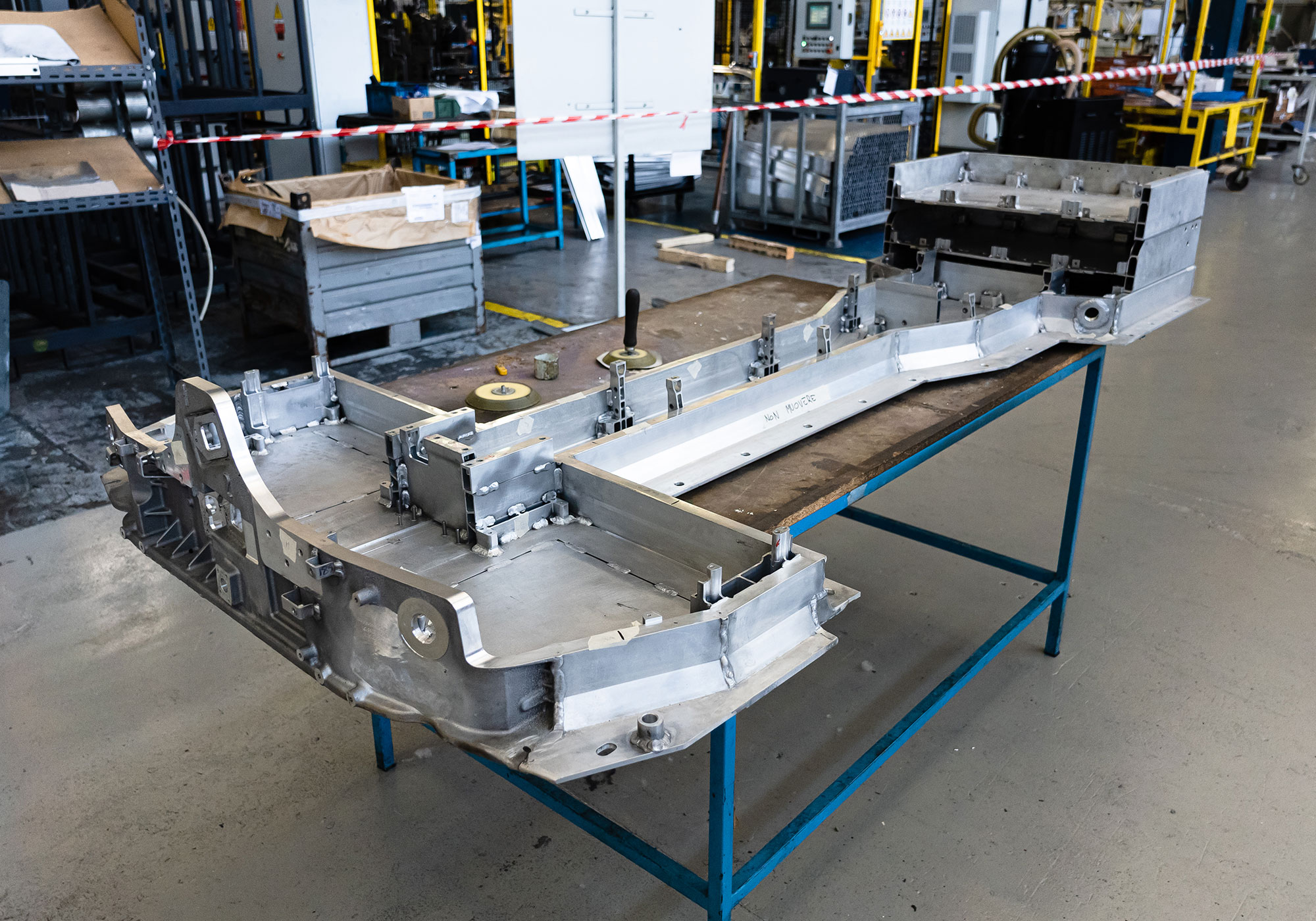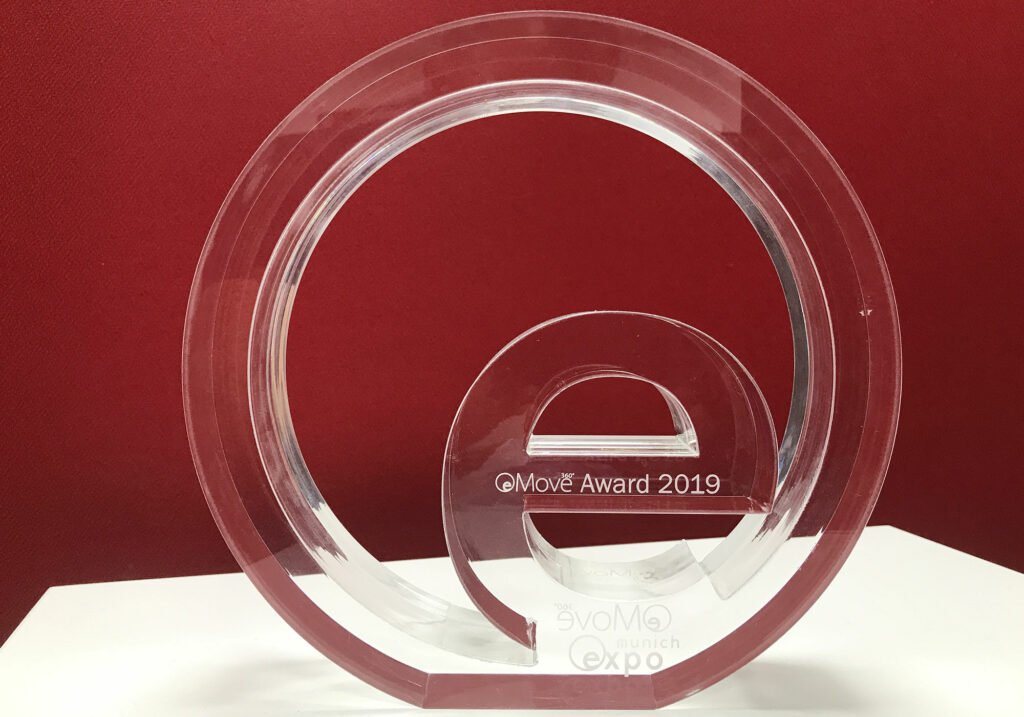
With the ever growing awareness of climate change and of how much it is affected by vehicle emissions, the giants of the automobile industry have set off a veritable electric revolution of the automotive industry, A change in which the young OEM’s (original equipment manufacturers) and the start-ups are investing to impose themselves on the market.
EDAG, Siemens, Carl Cloos Scheiß-technik
Case for batteries
2018
Steel
It is with this context and with these circumstances in mind that SCALEbat: was born, a modular and scalable battery case to house batteries in electric vehicles, the fruit of collaboration between Baomarc, Siemens and Carl Cloos Schweiß-technik, led by EDAG.
Starting from the philosophy which guided the design of EDAG’s SCALEbase, we approached the project with an appreciation of the challenges and of the characteristics which the batteries and their positioning in the vehicle present. Further, we and the other partners set as our primary objective the realization of a solution which gave the customer savings in costs and development times.
As we defined the project we also thought about scenarios for the future suggested by the present situation: increase in productivity to become more competitive in the market, optimization of processes also for limited production volumes with numerous variations; accelerated development through faster prototyping and the use of ever more advanced tools and methods.
With these goals established, the project began to take shape.
Each of the partners took care of a specific area, offering consultancy, technology, and materials, working in synergy with each other: EDAG handled logistics, simulations and coordination of the team, Siemens provided its cooling systems technology; Carl Cloos Schweiß-technik acted as consultant for welding and the costs of manufacturing.
We of Baomarc deployed our capabilities to maximum effect, assisting EDAG in the choice of materials, in the feasibility assessments of construction methods and in the integration of casings built of aluminum and of steel.
Having assessed the two materials, we chose steel for the production of the battery case: it has higher resistance to crash impact, as was shown by various crash tests, and the costs are markedly lower compared to the use of aluminum.
Considering also the other elements of a battery case – the batteries and the cooling system- , the structure could not be a further load on the vehicle. For this reason, we decided to create cut-outs, forms of networks which make it lighter and more resistant to impact.
To further reduce the weight of the SCALEbat we used profiling to work the raw material; this form of manipulation of the material makes it possible to achieve very small thicknesses with minimal geometric tolerances. Further, it gives high modularity and very rapid set-up: it is sufficient to change the tooling to obtain a different geometry, with a consequent saving in logistics costs.
This project mobilized a high level of engineering maturity and constant collaborative effort by the partners, resulting in the development of a veritable Digital Smart Factory.

To crown this concerted deployment of expertise, the eMove 360 Award for 2019 in the “Battery and Powertrain” category.